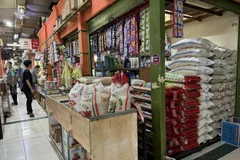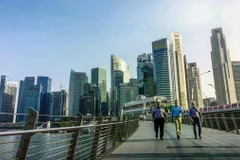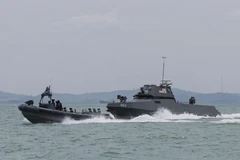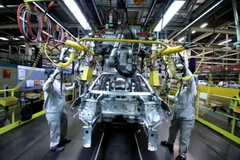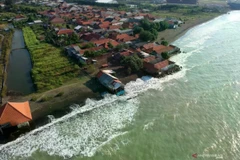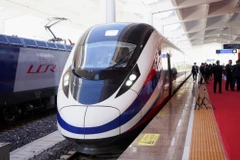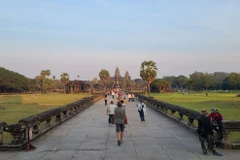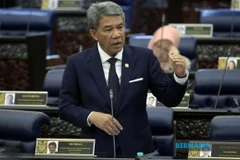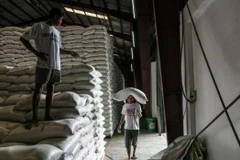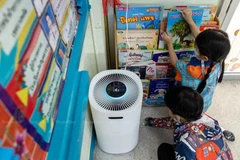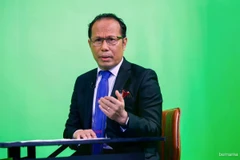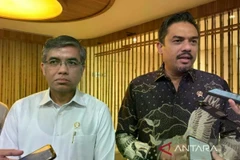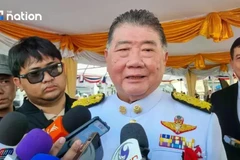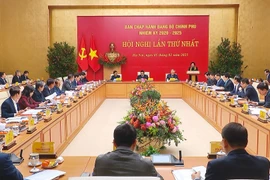According to a press release by the APECSecretariat, delegates discussed how developing economies stuck in thetrap typically achieve initial growth by successfully mobilising inputsbased on low-cost advantages, but with rising costs and erodingcompetitiveness, they then fail to make the leap to the next phase ofdevelopment.
Tan Jian, APEC Senior Official from Chinasaid with its successful work over the years on economic integration,trade and investment liberalisation and structural reform, APEC iswell-positioned to help developing economies avoid the middle incometrap and graduate into high-income status.
Meanwhile, ProfessorHuang Yiping of Beijing University cited the example of successfuleconomies such as Japan , Korea , Chinese Taipei, and Hong Kong,which he said were all manufacturing-based economies that employed largenumbers of workers during their early stages of development, althoughthey went on different development paths once they reached themiddle-income levels.
Dr. Alfred Schipke, Senior ResidentRepresentative of the International Monetary Fund (IMF) for China,echoed the importance of human capital in ensuring continuousimprovement in total factor productivity and driving technologicalprogress.
According to Eduardo Pedrosa, Secretary General ofthe Pacific Economic Cooperation Council, APEC has set goals and madegood progress on structural reform, connectivity, infrastructure andease of doing business.
However, APEC could considerestablishing an APEC-wide education initiative and targeted goals toaddress this middle-income challenge, he added.
During thedialogue, APEC economies that have transformed to high-income statusshared some of the ingredients of their success.
Establishedin 1989, APEC is an intergovernmental grouping that has worked to reducetariffs and other trade barriers across the Asia-Pacific region,creating efficient domestic economies and dramatically increasingexports.
APEC’s 21 member economies account for approximately40 percent of the world’s population, about 55 percent of world GDP and44 percent of world trade. Vietnam joined the forum in 1998.-VNA
